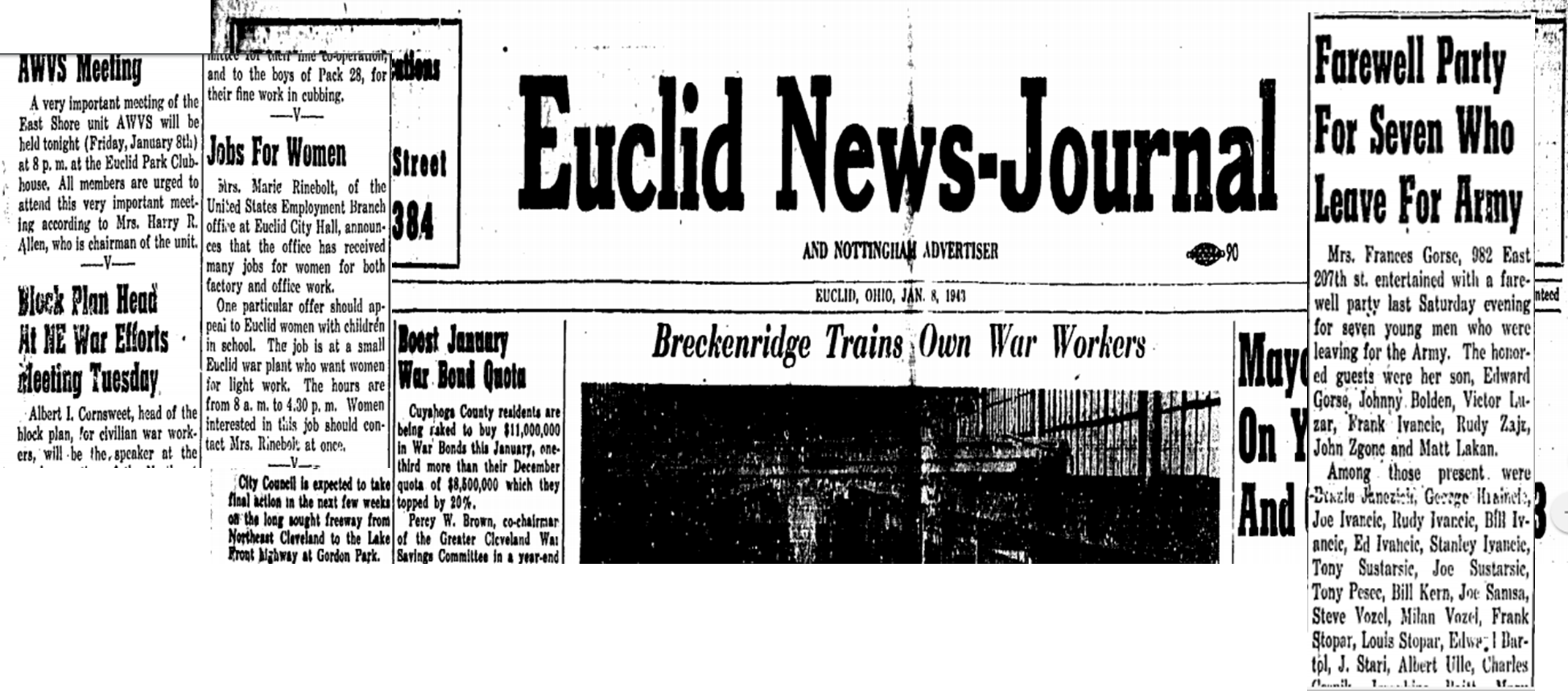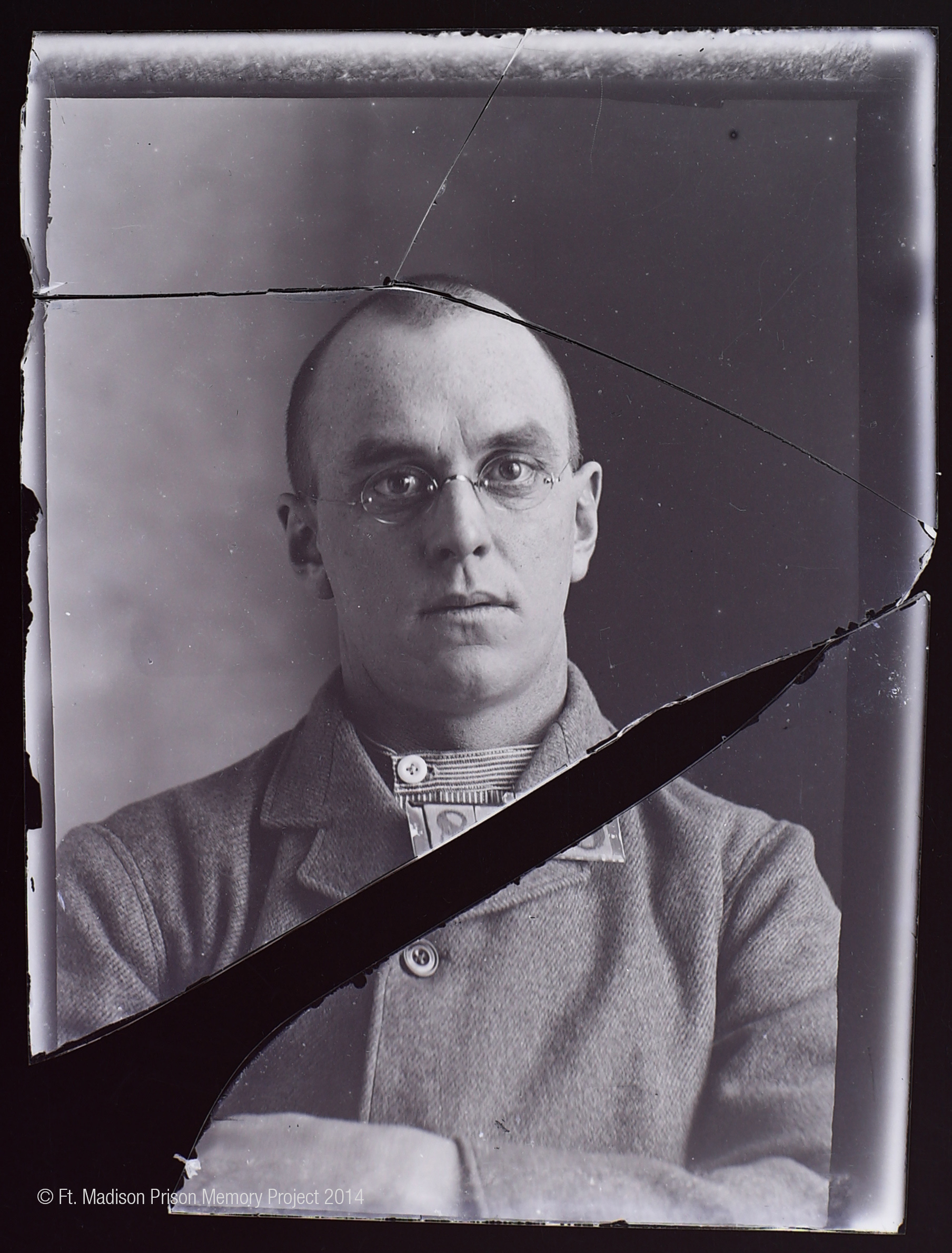by Lisa Cooke | Aug 28, 2015 | 01 What's New, Ancestry, British, Canadian, Church, Findmypast, images, Immigration, Newspaper, Records & databases, United States
 Here’s our weekly list of new genealogy records online. Do any collections below relate to your family history? Please share with your genealogy buddies or with societies that might be interested!
Here’s our weekly list of new genealogy records online. Do any collections below relate to your family history? Please share with your genealogy buddies or with societies that might be interested!
AMERICAN LOYALIST CLAIMS (U.S., U.K., CANADA). A database of claims and cases heard by the American Loyalist Claims Commission (regarding British subjects in North America who remained loyal to the crown during the Revolutionary War) has been updated at Ancestry. “These documents include books of evidence and memorials given by witnesses, accounts of losses (which can provide detail about places and possessions), evidence of claims, correspondence, indentures, and other documents collected over the course of these examinations.”
BRITISH NEWSPAPERS. Over 5.8 million new newspaper articles are online at Findmypast. According to the site, “This includes 22 brand new titles and additions to a further 94 publications. The new titles come from all over England, Scotland and Wales and include newspapers from Edinburgh, Liverpool, Sheffield and Wolverhampton. The largest of the new publications is Public Ledger and Daily Advertiser which contains over 939,000 articles covering 1805-71….Over 1 million articles were added to London Evening Standard. There were also substantial updates made to Falkirk Herald, Swindon Advertiser and North Wilts Chronicle and Yorkshire Post and Leeds Intelligencer.
CALIFORNIA NATURALIZATIONS. Original naturalization records from the state of California, 1887-1991, have been updated at Ancestry. “Most pre-1906 naturalization papers contain little information of biographical or genealogical value….There are, however, wonderful exceptions, so it is worth seeking pre-1906 naturalizations. Records created after 1906 usually contain significant genealogical information.”
DUTCH EMIGRANTS TO CANADA AND U.S. A new Ancestry database captures information on Dutch emigrants who relocated to the U.S. or Canada between 1946 and 1963. “Details from those lists are included in this database. You may find name, birth date, place of origin, arrival year, destination, sponsor year, religion, relation to head of household and family size.”
ENGLAND AND WALES PROBATE CALENDARS. Findmypast subscribers now have access to an index to the Principal Probate Registry system for England. In these indexes, you can find the deceased’s name, death date, address, occupation, marital status, spouse’s name, names of executors/administrators and beneficiaries and their occupations and the size of the estate. Use this data to request a copy of a will from the National Probate Registry.
U.S. QUAKER RECORDS. A substantial Ancestry database of Quaker meeting records (1681-1935) has been freshly updated. According to the site, “Quakers recorded a variety of details in their monthly meeting minutes which can be searched by name, location, and event date; or browsed by state, county, meeting, and record type….This collection marks the first time a major collection of Quaker meeting records has been made available online with a comprehensive index.”
 Sign up for our weekly newsletter, and this weekly round-up of major new record collections will be among the “gems” you find in it! With your sign-up, you’ll receive a free e-book on Google search strategies for genealogy. Simply enter your email address in the box in the upper right-hand corner of this page. Thank you for sharing this post with anyone else who will want to know about these records (and this weekly blog post.)
Sign up for our weekly newsletter, and this weekly round-up of major new record collections will be among the “gems” you find in it! With your sign-up, you’ll receive a free e-book on Google search strategies for genealogy. Simply enter your email address in the box in the upper right-hand corner of this page. Thank you for sharing this post with anyone else who will want to know about these records (and this weekly blog post.)
by Lisa Cooke | Jan 14, 2017 | 01 What's New, Newspaper
Newspapers can fill in the gaps to the long-lost stories of your ancestors. These tips will help you narrow your search in digitized WWII newspapers for experiences directly relating to the war and to the lives of your ancestors.

In this previous post, I provided step-by-step tips for locating WWII-era newspapers. Those tips helped you locate the actual newspapers. In this post, I’ve got 7 tips for to help you focus on narrowing down a large list of results in search of war-related family stories.
Tip 1: Try Various Name Combinations in WWII Newpapers
If you are keyword searching in digitized newspapers, remember to try different name combinations. A man may be identified by just his first initial and last name. During the 1940s, a woman might be referred to as “Mrs. Ted Johnson” instead of Barbara Johnson.
Tip 2: Search for Addresses
You might find a family identified as “the Johnson’s of 132 Cherry Lane,” so try using street addresses in your searches, remembering that “Lane” might be spelled out or abbreviated. You may also find the family listed by their town or township. An example of this might be “the Johnson’s of Brown township,” or “the Johnson’s of Conover.”
Tip 3: Expand Your Search to Events and Organizations
Use any search terms you already know about for your family in World War II: a military unit, a battle or local service organization, or a war effort project that the folks back home may have helped out with. Do family stories mention rationing, air raid drills, bomb shelters, blackout rules, or one of the women getting a job at a certain factory? All these make excellent search terms.
Tip 4: Take Time to Browse
Browsing the pages will give you a sense of how the war affected everyday life at home. You may find recipes that make the most of ration allowances and reminders about blackout rules and curfews. You may even find tips on how to conserve gasoline or how to be fashionable without silk stockings!

Almost every news item on the front page of this Jan 8, 1943 issue of the Euclid News Journal (OH) has to do with the war. It’s easy to see how the war affected everyday life of this small Ohio city on the shores of Lake Erie. Issues of this paper are searchable at the Euclid Public Library website (click image to view more issues.)
Tip 5: Be Aware of Newspaper Stoppages
If your family lived in an area that came under attack or was occupied, the local newspapers may have stopped printing. In that case, search other papers to see if they reported what was going on in your ancestor’s town.
Tip 6: Keep an Eye on the Homefront
For relatives who served in the military, watch for updates in local papers about how they were faring on the fronts during the war. Watch for casualty lists of the wounded, dead, and missing. Here’s something cool: newspapers also printed maps showing the progress of the war on the various fronts.
Tip 7: History Provides Hints
If you’re looking for reports about soldiers’ bodies returning home and funeral services, it will help to know that according to an article in The Wall Street Journal, the War Department didn’t start bringing back remains until the fall of 1947 because of the huge logistical challenges involved. Over 93,000 American soldiers who died in World War II are buried overseas in one of the American Battle Monuments Commission cemeteries.
Making the Most of Newspapers for Family History
 Find more tips like these in my book, How to Find Your Family History in Newspapers. You’ll find step-by-step instructions for my foolproof research process, along with everything you need for success: worksheets and checklists, tons of free online resources (and websites worth paying a few bucks for), a massive amount of location-specific websites (U.S. and international)–and a case study that puts it all to the test!
Find more tips like these in my book, How to Find Your Family History in Newspapers. You’ll find step-by-step instructions for my foolproof research process, along with everything you need for success: worksheets and checklists, tons of free online resources (and websites worth paying a few bucks for), a massive amount of location-specific websites (U.S. and international)–and a case study that puts it all to the test!
by Lisa Cooke | Feb 14, 2018 | 01 What's New, Listeners & Readers, Video
These family history video ideas and comments/questions sent in by Genealogy Gems listeners can inspire your own short videos. See how they script their stories, find royalty-free music soundtracks and more. Then visualize yourself in the director’s chair—what kind of...
by Diahan Southard | Oct 23, 2014 | 01 What's New, Digital Archives, Photographs
Matt from Omaha, Nebraska (U.S.) recently told me about a project his cousin is working on that is so cool the story was picked up by U.S.A. Today.

While poking around at an 1800s-era Iowa prison about to be torn down, Mark Fullenkamp came across boxes of old glass negatives. Upon closer inspection, he found they were intake photos of the inmates. Some were 150 years old!
Mark first set out to digitize and reverse the negative images of over 11,000 prison inmate photos. Others gradually became involved, like scholars at University of Iowa where he works and even inmates at the Iowa Correctional Institution for Women. A doctoral candidate who was interviewed by U.S.A. Today says she’s struck by the moment these photos were taken: when their lives were about to change forever. Though many look tough for the camera (and presumably the other inmates), she sees a lot of emotion in their expressions: “The eyes are everything.”
Now Fullekamp’s team is trying to connect names and stories with the photos. It’s not easy, but many of the pictures have inmate numbers on them. Some files have surfaced with inmate numbers and names in them. Others are stepping forward with memories.
Read more about the project on Matt’s blog.
Got a digital photo archiving project of your own? Click here to learn about a free ebook published by the Library of Congress on digital archiving.
 Here’s our weekly list of new genealogy records online. Do any collections below relate to your family history? Please share with your genealogy buddies or with societies that might be interested!
Here’s our weekly list of new genealogy records online. Do any collections below relate to your family history? Please share with your genealogy buddies or with societies that might be interested! Sign up for our weekly newsletter, and this weekly round-up of major new record collections will be among the “gems” you find in it! With your sign-up, you’ll receive a free e-book on Google search strategies for genealogy. Simply enter your email address in the box in the upper right-hand corner of this page. Thank you for sharing this post with anyone else who will want to know about these records (and this weekly blog post.)
Sign up for our weekly newsletter, and this weekly round-up of major new record collections will be among the “gems” you find in it! With your sign-up, you’ll receive a free e-book on Google search strategies for genealogy. Simply enter your email address in the box in the upper right-hand corner of this page. Thank you for sharing this post with anyone else who will want to know about these records (and this weekly blog post.)



